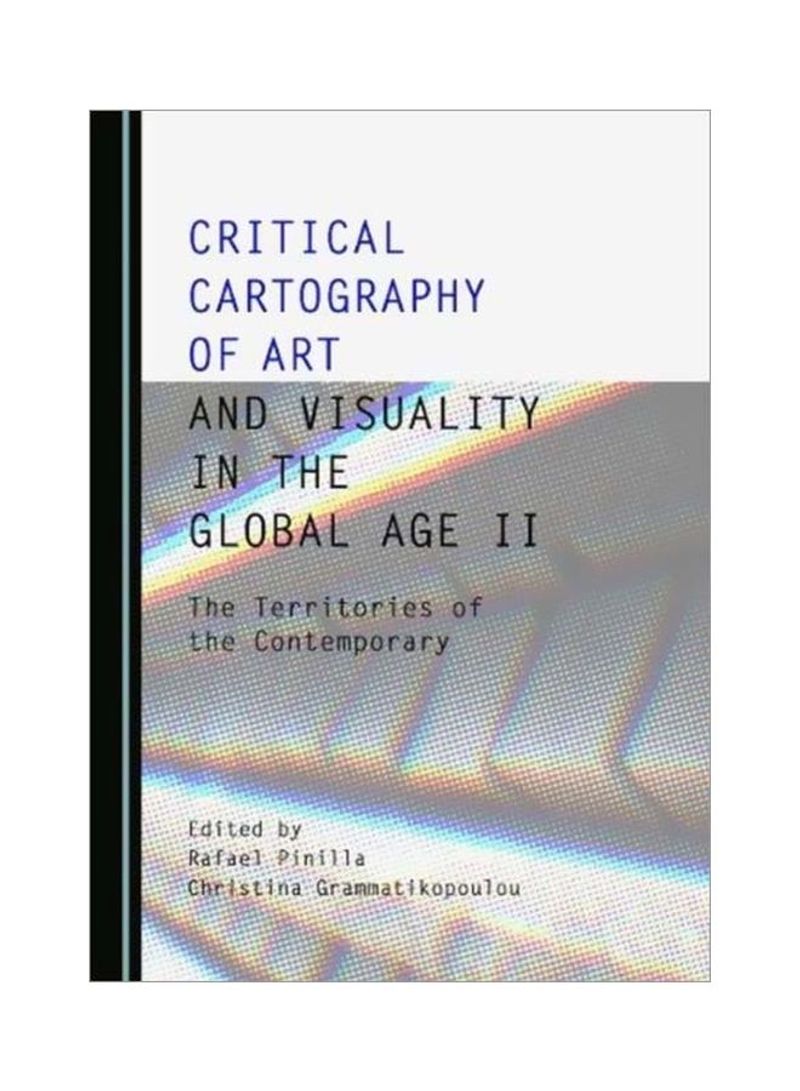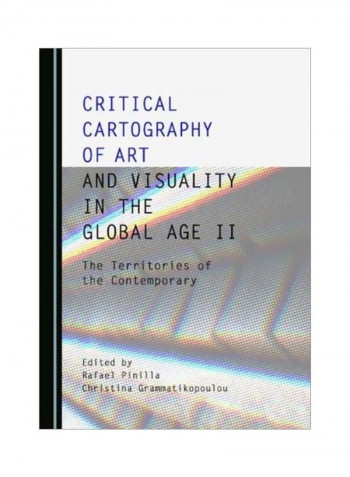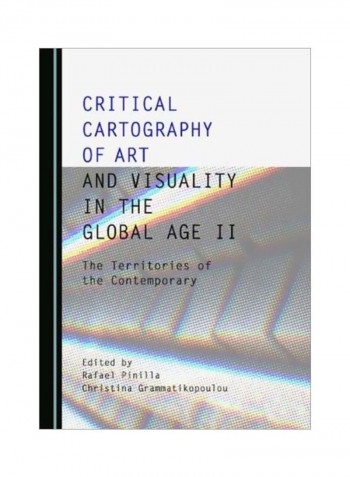Critical Cartography Of Art And Visuality In The Global Age II: : The Territories Of The Contemporary Hardcover
Recommend
Sort by
Rating
Date
Specifications
Grade
New
Author 1
Rafael Pinilla
Book Description
This volume addresses questions that are crucial to approaching art, visuality, and cultural policies from the perspective of global transformations and the rise of new social, political and cultural paradigms. The concept of territory is the theoretical underpinning of three sections of the volume: "the geoasthetic hypothesis: constructing and deconstructing territories"; "creativity and dissent: the future as a contested territory"; and "value, labour and gender: spaces of (un)recognition". Obviously, in this case, territory is not viewed as a two-dimensional space that can be abstracted into a map; it rather emerges as a multidimensional place of proximity and difference, of consensus and conflict, of hegemonies and dissent. It expands from the private space of domestic labour to the public field of politics; rather than treating them as separate fields, they are viewed as a complex continuum, where the narratives of displacement, dissent and utopia are being interwoven. In order to understand its multiple dimensions and problematics (cultural, political, social), the volume adopts an approach that extends beyond art theory and aesthetics, into the realm of economics, geography and political theory.
ISBN-13
9781527506411
Language
English
Publisher
Cambridge Scholars Publishing
Publication Date
2018
Number of Pages
249
About the Author
Rafael pinilla is a member of the research group "critical cartography of art and visuality in the global age: new methodologies, concepts, and analytic scopes" of the university of barcelona and currently teaches in the ma programme on culture and market at the open university of catalonia. His main line of research focuses on the reorganization of labour from the perspective of contemporary art and the integration of political economy in art studies in general. Christina grammatikopoulou teaches digital art at the school of fine arts at the aristotle university of thessaloniki, greece, and history of performative arts at the open university of cyprus. She is the managing editor of the art journal interartive. Her current research focuses on artificial intelligence and big data in a cultural context. She works in digital innovation and often participates in international workshops and conferences.



